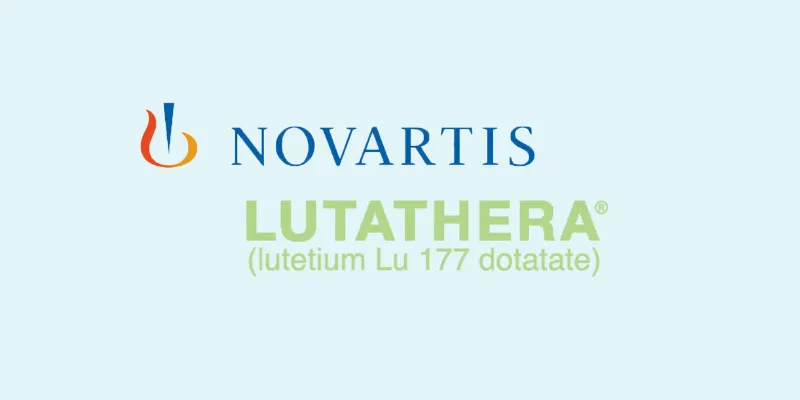NETTER-2 Trial: Lutathera Cuts Risk of Death by 72% in Neuroendocrine Tumor Treatment

19 January 2024
Novartis announced groundbreaking results from the NETTER-2 trial, showing Lutathera plus octreotide LAR significantly reduces the risk of death by 72% in patients with advanced GEP neuroendocrine tumors. This first successful Phase III trial of radioligand therapy (RLT) in a first-line setting marks a major advancement in cancer treatment.
In a landmark development for cancer therapy, the Phase III NETTER-2 trial, led by Novartis, demonstrated that Lutathera® plus octreotide LAR significantly extends median progression-free survival to 22.8 months and reduces disease progression or death by 72% in advanced gastroenteropancreatic neuroendocrine tumors (GEP-NETs). The study's findings, presented at the 2024 American Society of Clinical Oncology (ASCO) Gastrointestinal (GI) Cancers Symposium, mark the first successful use of radioligand therapy (RLT) as a first-line treatment.
Jeff Legos, Global Head of Oncology Development at Novartis, highlighted broader implications of these results. He pointed, “This is the first positive Phase III trial of a radioligand therapy in first-line setting, and overall efficacy and safety results are amongst the most clinically relevant observed to date in this kind of advanced cancer, addressing a significant unmet need for patients with newly diagnosed advanced GEP-NETs.”
The trial focused on the efficacy of Lutathera® (lutetium (177Lu) oxodotreotide / USAN: lutetium Lu 177 dotatate) in combination with long-acting release (LAR) octreotide, marking a significant stride in first-line treatments for this cancer type.
One of the key metrics in the trial was the progression-free survival (PFS). Patients treated with Lutathera® and octreotide LAR experienced a median PFS of 22.8 months, a significant improvement over the 8.5 months observed with high-dose octreotide LAR. Moreover, the objective response rate (ORR) was notably higher in the Lutathera® group, marking a substantial advancement in treating this life-threatening cancer.
Dr. Simron Singh, an associate professor at the University of Toronto, emphasized the transformative nature of these results and stated, “These positive results for Lutathera are practice-changing and offer new first-line treatment data for patients who have a significant unmet need. This study confirms the clinical benefit of first-line radioligand therapy for newly diagnosed patients living with these types of advanced GEP-NETs.
Safety is a paramount concern in any clinical trial. In the NETTER-2 study, no unexpected safety issues were noted, and the findings align with Lutathera®'s established safety profile. Most participants in the Lutathera® group completed the full treatment course, and the most common adverse events were manageable and in line with expectations.
GEP-NETs, originating in neuroendocrine cells, are often considered slow-growing cancers. However, some can progress rapidly and have a poor prognosis, especially when diagnosis occurs at advanced stages. Given the increasing incidence of NETs, continued research and development in treatment options are crucial.
The NETTER-2 trial, ongoing for further evaluation of secondary endpoints, including overall survival and long-term safety, represents a beacon of hope for those battling advanced GEP-NETs. It underscores Novartis' commitment to pioneering treatments in the realm of RLT and reimagining cancer care for patients worldwide.
Novartis and Radioligand Therapy (RLT)
Novartis is at the forefront of transforming cancer care with Radioligand Therapy (RLT), a technique that employs radioactive atoms to precisely target and treat advanced cancers. Initially focused on gastroenteropancreatic neuroendocrine and prostate cancers, Novartis is broadening its scope to include RLTs for breast, colon, lung, and pancreatic cancers. The company boasts a robust global network with specialized manufacturing and supply chain capabilities. To cater to the growing demand for RLT medicines, Novartis is expanding its production with new facilities in the United States, Spain, Italy, and recently announced expansion plans in Japan and China, enhancing its worldwide capacity.











Comments
No Comments Yet!